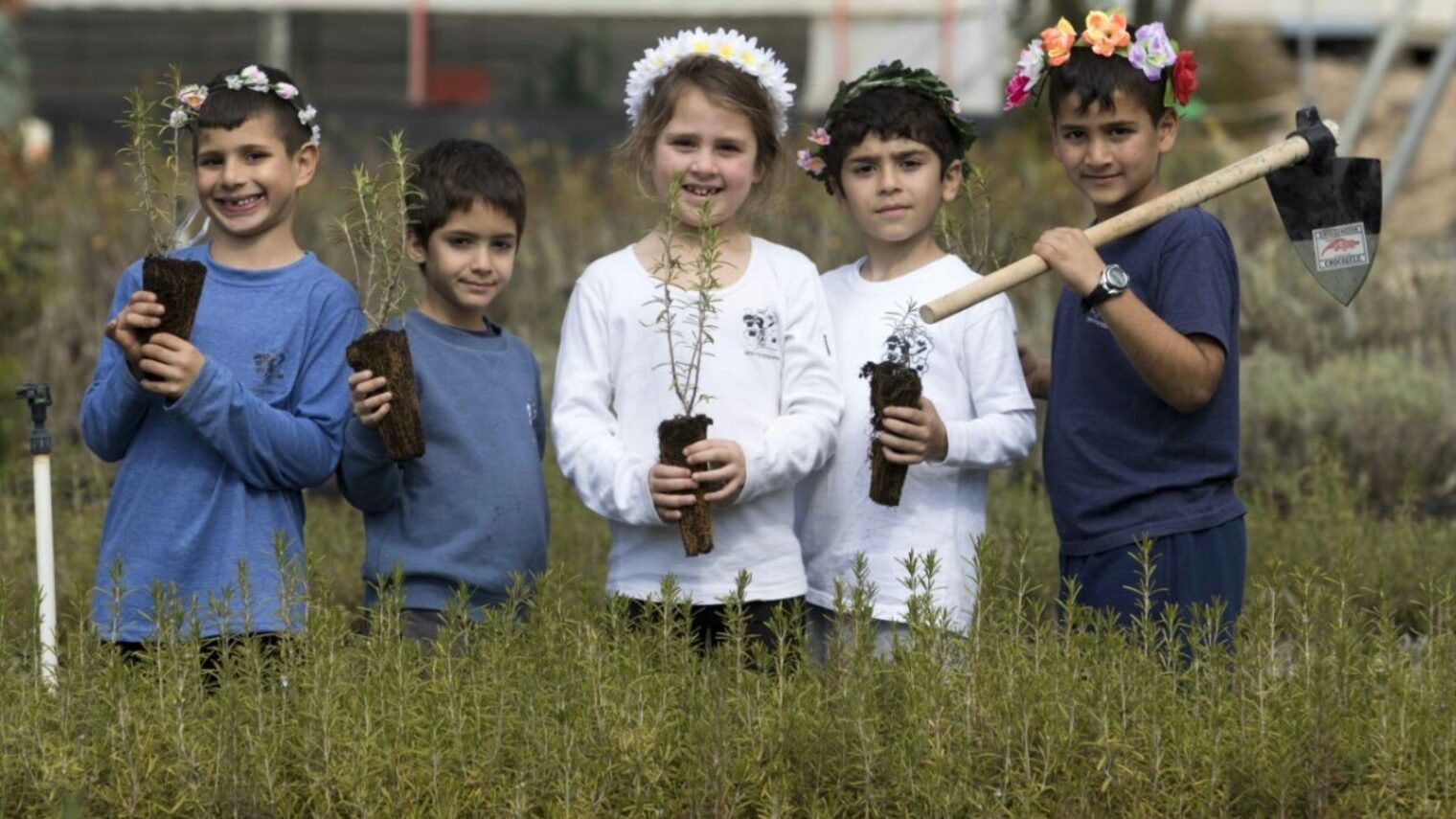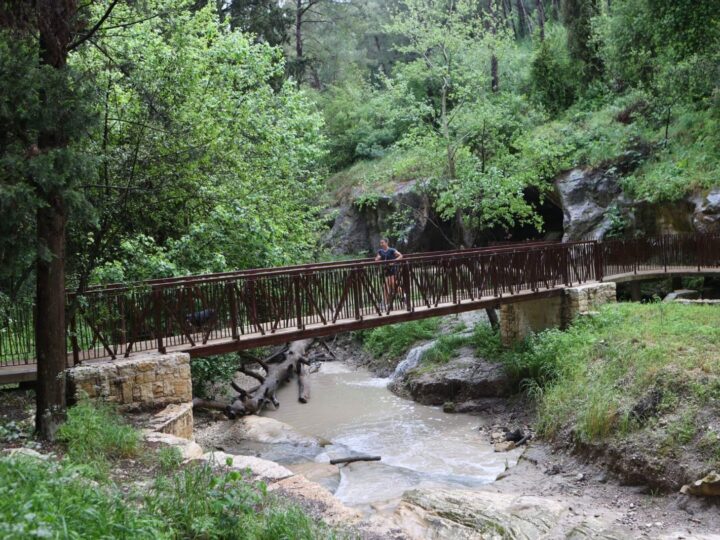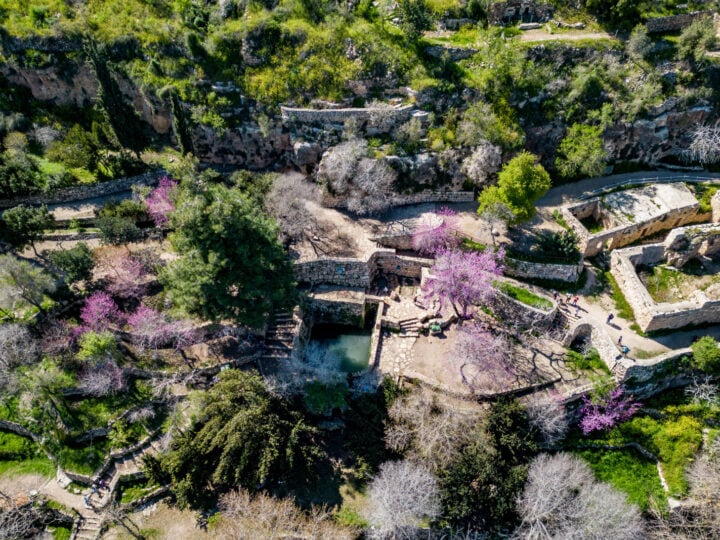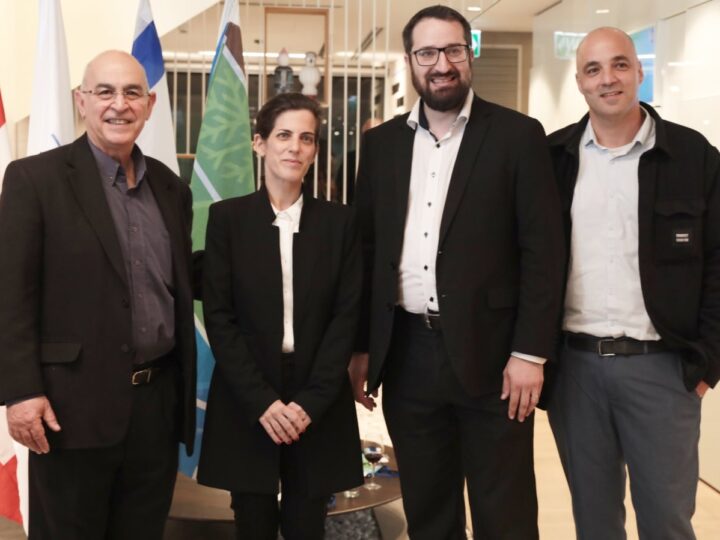The words “Jewish National Fund” conjure images of blue-and-white charity boxes and the sight of celebrities, diplomats and visitors from across the world planting trees in Israel.
Indeed, Keren Kayemet Le’Israel-Jewish National Fund (KKL-JNF) has planted some 240 million trees in Israel since its founding in 1901. And it has undertaken massive projects in sustainability, conservation, education, tourism, agriculture, roads and reservoirs.
Yet few are aware of the organization’s growing impact on the environmental health of countries outside of Israel.
On the occasion of KKL-JNF’s 115th anniversary year, ISRAEL21c spoke with Karin Bolton-Laor, director of KKL-JNF’s International Relations and Conferences Department, about the extraordinary sharing of Israeli expertise in Africa, South and Central America, Europe and Asia.
“In 1961, KKL-JNF signed a covenant with the Israeli government making us the acting forestry service and land development authority. Through that work we became experts in Mediterranean arid and semiarid forestry, including rehabilitation of degraded lands, watershed management, research in drought-resistant species, and how to use the same piece of land for multiple needs such as forestry, agriculture and tourism,” says Bolton-Laor.
“KKL-JNF has always believed in sharing our knowledge for free. One of our main goals is creating a better quality of life in Israel and if we can help others do the same we should do that to the best our ability.”
The storied success of unique initiatives to combat desertification in Israel continues sparking interest in many parts of the world where forestry is recognized as a critical element in promoting the health of the air, groundwater and soil while providing shade and grazing land.
“Desertification and climate change are causing very serious problems such as extreme weather, drought, migration and food insecurity in many regions. They want our expertise and assistance,” says Bolton-Laor.
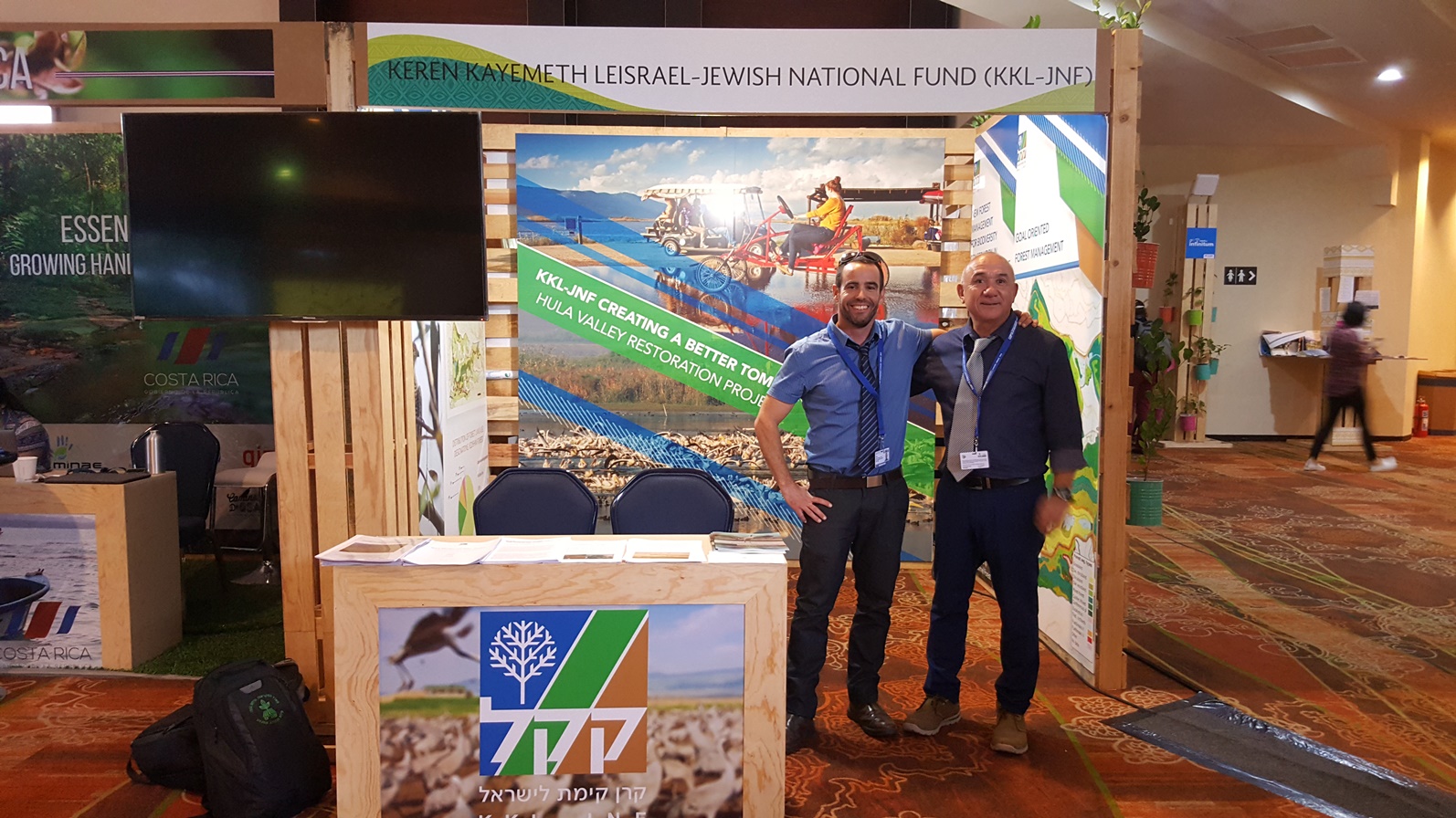
KKL-JNF works with MASHAV (Israel’s agency for international development cooperation), the Economy Ministry, the United Nations, governments, municipalities and large NGOs in practical capacities ranging from assessing a situation and giving advice to implementing capacity-building projects.
Bolton-Laor says these hands-on activities in foreign countries paint a more realistic picture of Israeli values to everyone from youth to diplomats.
“Sometimes an NGO like us can go places a government agency can’t, and we are creating ‘ambassadors’ for Israel on a professional level. In Rwanda, for example, the Rwandan government initially did not want to work with Israel on agricultural projects at Agahozo-Shalom Youth Village, so we got on board through another NGO. Afterward, when the Rwandan government visited the projects they were so impressed that they wanted to work with the Israeli government. And now Rwanda is one of Israel’s strongest allies in the UN.”
KKL-JNF, which has 45 partnering offices around the world, takes an active role at the UN Convention to Combat Desertification (UNCCD), the UN Forum on Forests (UNFF) and the UN Food and Agriculture Organization’s Committee on Mediterranean Forestry Issues.
Here are some highlights of about half a dozen KKL-JNF international projects currently in progress in addition to some 20 activities in different countries each year.
Kenya
“Furrows in the Desert” trains traditional pastoralists in Turkana, Kenya, to grow and market their own food, providing a long-term answer to droughts that led to widespread hunger.
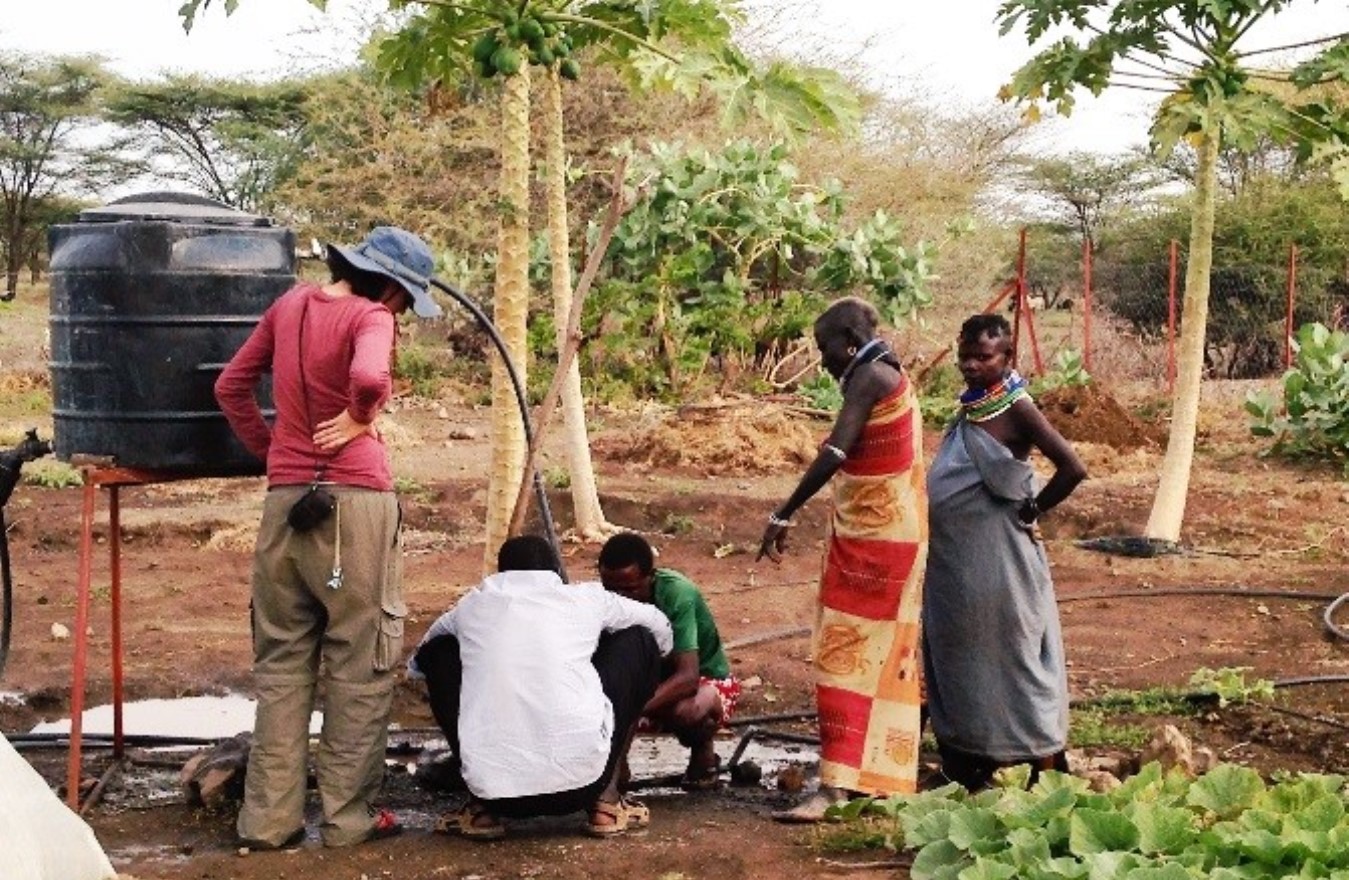
The project was begun about six years ago by Kibbutz Yotvata and the Arava Institute in Israel with the Missionary Community of St. Paul the Apostle and Brit Olam. KKL-JNF joined in 2015 to support the establishment of pilot date farm for research, and installed two solar agricultural irrigation pumps. FID is now serving as a model for other places with hot, semiarid conditions.
This year, as part of the FID project, KKL-Germany is recruiting volunteers to come to Israel for training before flying to Africa for six months to work with Israeli experts from the Arava Agricultural R&D Station.
KKL-JNF will soon sign a memorandum of understanding (MOU) with the Kenya Ministry of Environment and Kenya Forest Service on a professional exchange and capacity-building pilot to boost afforestation and water management in Kenya using Israeli technology.
Colombia
Last October, a delegation from La Corporación Autónoma Regional (CAR) of Colombia — which is responsible for managing natural resources and promoting sustainable development — spent three days in Israel touring water technology and wastewater management projects.
As a result of that mission, KKL-JNF has agreed to help CAR plan reservoirs; develop an urban forest similar to Rosh Tzipor (Birds Head) Forest in Tel Aviv’s Yarkon Park; and “twin” a park in Colombia with Hula Lake Agmon Park in northern Israel. There’s also a possibility of joint research in rehabilitating degraded landscapes.
Italy
KKL-JNF and the Italian State Forestry Corps signed an MOU in 2016 to promote cooperation in management and enhancement of natural protected areas, protection of environmental resources, implementation of international conventions, teams for scientific and technical activities and for territorial planning, research projects for biodiversity protection and management of forestry resources, as well as training programs, education and event-planning courses.
A monument is planned on Mount Carmel, with a reproduction to be installed in Italy, symbolizing cooperation and brotherhood between the two organizations and between Israel and Italy.
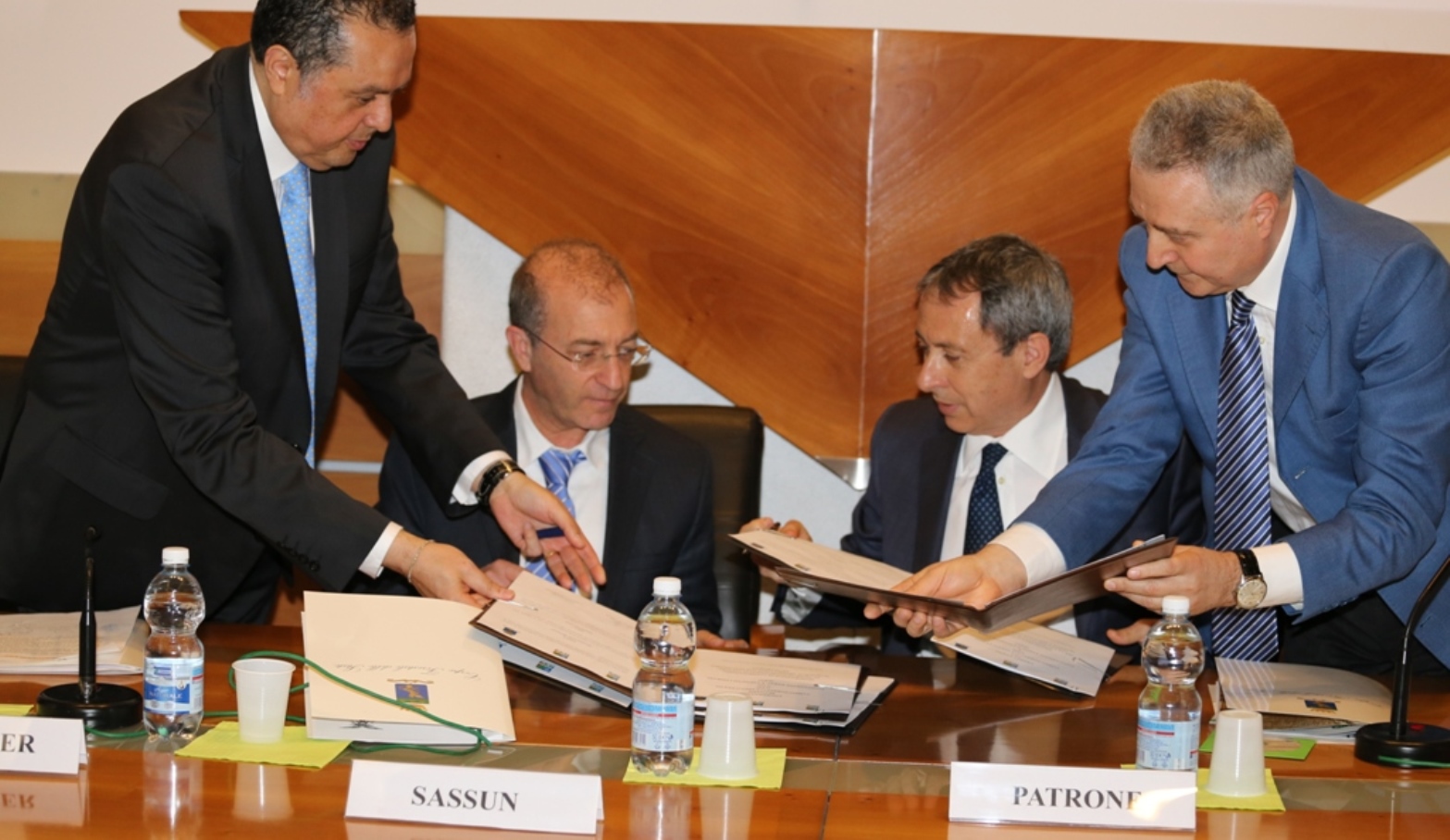
In addition to Italy, KKL-JNF also has continuous and growing ties with other Mediterranean Basin countries — Cyprus, Spain, Greece, France and Turkey — in the area of forest research and professional and technological exchanges.
Australia
An MOU has been signed for cooperation in the fields of afforestation and soil conservation with Victoria and New South Wales. In addition, KKL-JNF has been cooperating with the Commonwealth Scientific and Industrial Research Organization, Australia’s national science agency and one of the most diverse research agencies in the world, for many years.
East Timor and Indonesia
KKL-JNF helped the two countries set up tree nurseries in order to rehabilitate forests that were damaged by the long war that raged in this region.




